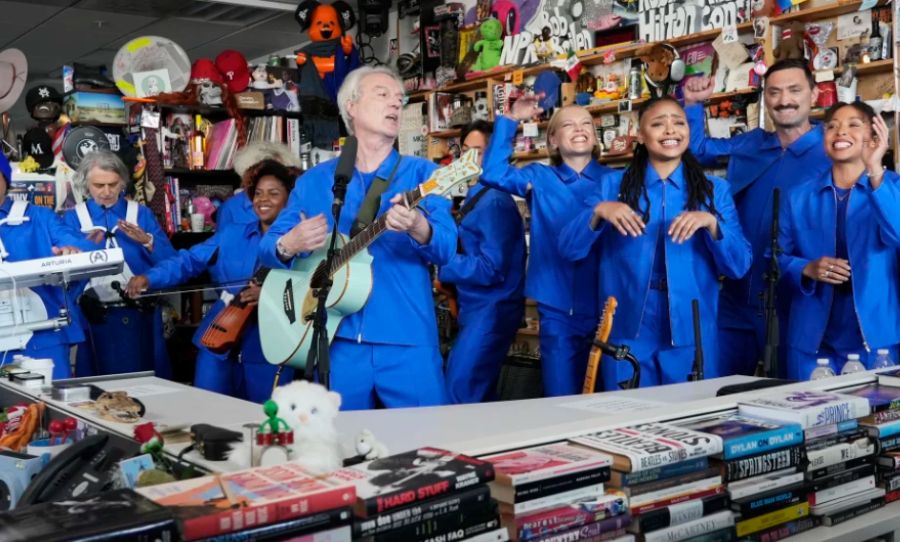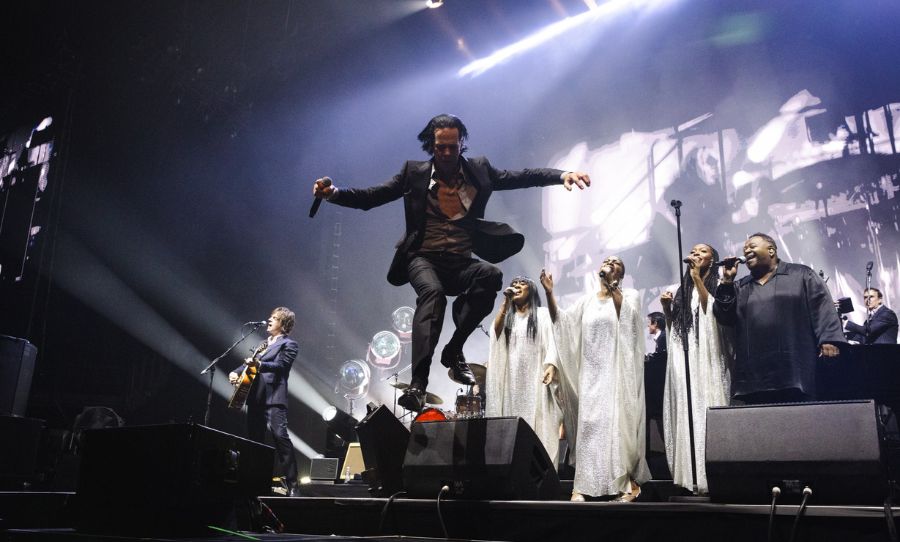A Man Who Defied All Odds and Invented a Genre Has Finally Set Sail
There’s no easy way to say it, and no way to overstate the weight of it. The man who screamed life into heavy metal, who staggered through madness and melody with equal fervour, has taken his final breath.
At 76 years old, surrounded by family, Ozzy set sail on his last great voyage, leaving behind a world forever changed by his presence.

Born John Michael Osbourne in the industrial streets of Aston, Birmingham, Ozzy came of age in a post-war Britain still licking its wounds.
Poverty, crime, and grit shaped his early years. He was a factory worker, a petty thief, a high school dropout with undiagnosed dyslexia and a voice that didn’t quite fit the mould — but that voice would soon shatter moulds entirely.
When he formed a band with guitarist Tony Iommi, bassist Geezer Butler and drummer Bill Ward, nobody could’ve predicted they were about to create something entirely new.
That band became Black Sabbath, and Black Sabbath became the blueprint.
View this post on Instagram
With the lumbering doom of “Black Sabbath” and the raw, churning chaos of “War Pigs,” Ozzy and his bandmates didn’t just write songs — they conjured storms.
They took the blues and twisted it, filled it with dread and grandeur, and gave it the weight of iron. Metal wasn’t just a genre. It was an awakening, and Ozzy was its shaman.
But Ozzy was never just about the music. He was a living paradox — part mythical beast, part broken man.
His legendary battles with addiction were chronicled in tabloid headlines and hospital records, but somehow, even in his lowest moments, he maintained a strange, battered dignity.
He was both larger than life and painfully human. He bit the head off a bat on stage. He wept uncontrollably during interviews. He was chaos and charisma in equal measure.
After being fired from Black Sabbath in 1979, a move that many thought would end him, Ozzy launched a solo career that somehow eclipsed even his Sabbath success.
With Randy Rhoads, he found a new sound — slicker, faster, more melodic — and unleashed albums like Blizzard of Ozz and Diary of a Madman.
The hits came fast: “Crazy Train,” “Mr. Crowley,” “Flying High Again.” He wasn’t just surviving — he was thriving, inventing a second life in a genre he’d already built from the ground up.
Even as the years marched on, even as his body began to betray him, Ozzy never stopped working. Through tremors and surgeries and a Parkinson’s diagnosis, he kept writing, kept recording, kept showing up.
I am so very sad to hear of the death of Ozzy Osbourne 💔🙏 What a lovely goodbye concert he had at Back To The Beginning in Birmingham🙏☀️❤️🎤 pic.twitter.com/Z6V2CNXWNG
— Ronnie Wood (@ronniewood) July 22, 2025
His final shows were a marvel — a man physically frail but spiritually indestructible, propped up by a throne but delivering every lyric like it was torn from the soul of a teenager.
He was never technically the best singer. He didn’t need to be. Ozzy’s power was in his feel, his phrasing, that nasal shriek that split the heavens.
He sang like he was possessed, and maybe he was — possessed by the ghosts of every misfit, every outsider, every kid who didn’t belong. To them, he wasn’t a rock star. He was a prophet.
And then, somehow, improbably, he became a household name again in the 2000s. The Osbournes, his MTV reality show, painted a different picture: Ozzy as the shambling, bewildered dad in a house full of chaos.
The Prince of Darkness became a pop culture icon, lovable and confused and still deeply magnetic. He opened up a whole new generation to his legacy. He became a meme, a punchline, a grandfather, a legend.
There’s something poetic about Ozzy dying after so many near-deaths, so many “is he still alive?” conversations.
It makes sense that he’d go out on his own terms, quietly, after decades of defying fate. He should’ve died in the ‘70s. Or the ‘80s. Or the ‘90s.
But he didn’t. He hung on. He endured. And in doing so, he became something rarer than a star — he became eternal.
Sad to hear Ozzy died today. When I was in high school I discovered Sabbath. “War Pigs” was terrifying and mesmerizing at the same time. It was Ozzy’s voice that took me away to a dark universe. A great escape. Then when The ‘Blizzard of Ozz’ record came out I was instantly a… pic.twitter.com/2n3HBHHkcN
— Pearl Jam (@PearlJam) July 22, 2025
Ozzy wasn’t perfect. That was the point. He was raw, unfiltered, and deeply flawed. But through the wreckage of his life, he gave us beauty. He gave us volume. He gave us a world where misfits could rise, where metal could roar, where darkness could dance.
Today, the world is a little quieter. A little less weird. A little less heavy.
But somewhere, in the distance, you can still hear a train. And it’s going off the rails.
Goodbye Ozzy. You lived louder than most people dream.



